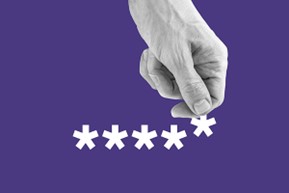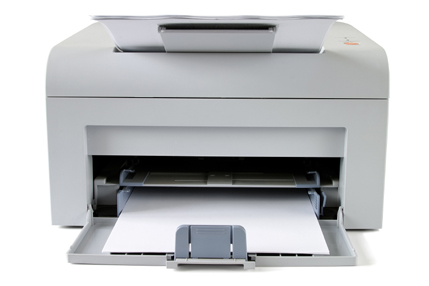Lock It Down: Mastering Strong Password Management

Article Highlights:
- Discover how to strengthen your passwords and your dealership.
- Utilize these tips to prevent a breach due to poorly protected passwords.
Your passwords should be like toothbrushes: personal, not shared, and changed regularly. In a world where hackers are always phishing for your data, keeping your passwords strong and secure is key to locking down your dealership’s digital assets. Thankfully, there are steps you and your dealership can take to strengthen your passwords and mitigate the risks associated with poor password management.
Create strong passwords, or better yet, passphrases
A complex password will ensure your first line of defense is strong and secure. A complex password will contain:
- Uppercase letters
- Lowercase letters
- Numbers
- Symbols
- At least eight characters
- Something easy for you to remember, but difficult for others to guess
To go even further, you could secure your account with a passphrase. A passphrase is a combination of words in place of a shorter, more traditional password. These are often easier for the user to remember, while still being complex enough that it’s harder for a hacker to guess. These would include:
- Punctuation
- At least 15 characters
- At least four words
- Random words with no clear connection
Update your passwords regularly
You should update your password every three months. However, if you’ve been compromised, you need to change it immediately. And if you are using – and I mean like right now using – the same password for multiple accounts, you may want to update those, as well. Each account you have should have a unique password from any other application you have. If you have the same password for multiple accounts and it gets compromised, all of your accounts are compromised. Yikes!
Utilize a password manager
Now that you have different and complex passwords for all your accounts, you might be wondering how on earth you’ll remember them all. Whatever you do, do not write them down on a piece of paper to live in your desk drawer. (If you’re doing this, please rip it up now.) Instead, have your dealership’s Qualified Individual select a password manager for the organization to use. A password manager works to store your online credentials, so you don’t have to. Since they’re stored in an encrypted database and not on paper, you can ensure your information is safe. If you need any guidance, reach out to your compliance provider for recommendations.
Never share your login credentials with anyone
Whether verbal or over email, never share your passwords with anyone. Since password guessing isn’t as prevalent as it once was, the easiest way for hackers to steal your credentials is to have you hand it over! Cyber criminals will try to gain your trust by impersonating coworkers and people you know. Treat your passwords with the utmost secrecy. If you’re unsure about a request or an email, don’t be afraid to call the vendor or individual to confirm the request.
The days of simple passwords are over. Cyber threats are working every day to steal the sensitive information housed by your dealership. The good news is there are easy ways to fortify your defenses. By keeping your passwords updated and complex, your security will feel as fresh as leaving the dentist’s chair. Don’t let simple passwords be the cause of an incident. Follow these tips and improve your cyber hygiene today.
Related Articles:
Nature can bring expected and unexpected disasters. Dealerships need to have a plan in place to help them recover if Mother Nature attacks. In Canada,…
A down printer can wreak havoc on your daily operations. Fixing paper jams, communication problems, and other issues can eat up your time. What can…

















